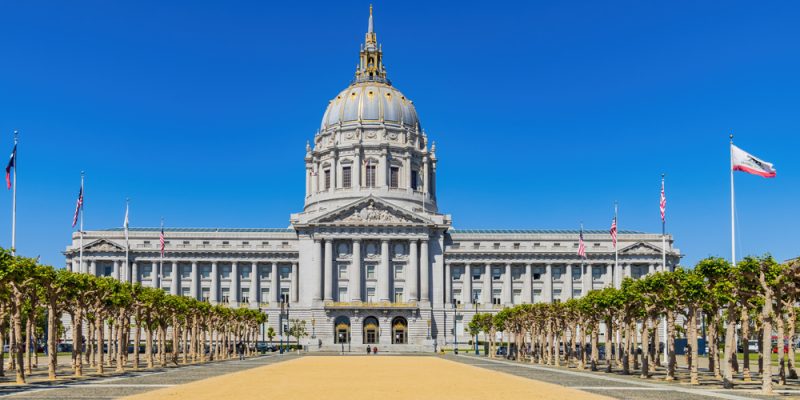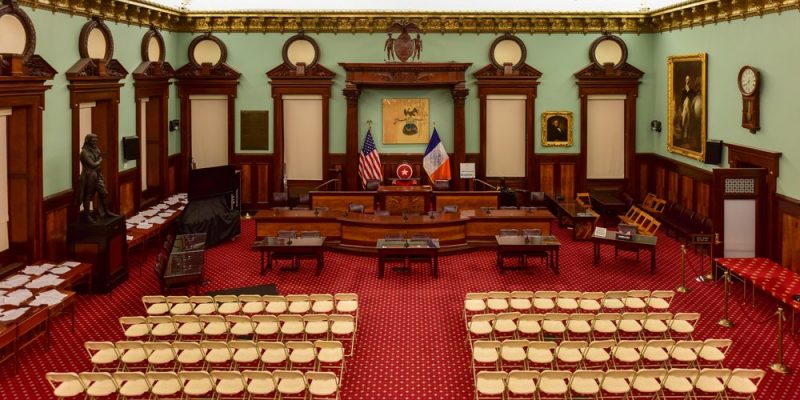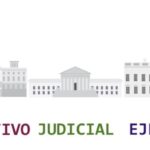We explain what public administration is and what its various functions are. Also, some examples and what private administration is.

What is public administration?
Public administration is the set of functions and activities aimed at implementing the policies of a Statesuch as the organization of government operations and the management of State resources, public companies and the institutions that make up public assets. Its scope of action is national, regional and local. It is also considered a discipline and a profession that is part of political science.
public administration deals with contact between citizens and public powerboth in bureaucratic institutions and in state companies, health entities, the educational system, the armed forces, the police, firefighters, the postal service and national parks, among others. However, it does not cover the judicial and legislative sectors, although it may perform some bureaucratic tasks for them.
The concept of public administration can be understood from two points of view:
- Formallyrefers to public organizations that have received the powers from political power to meet the specific needs of citizens in matters of general interest, such as health, the postal service, bureaucratic procedures, among others.
- Materiallyrefers to the management of the State itself, that is, compliance with the rules and procedures to ensure its functioning (administrative and government) and its relationship with other organizations and with citizens.
The public administration is subject to the law and their decisions or actions may give rise to claims from citizens who fall under the contentious-administrative jurisdiction, a type of judicial organization specifically dedicated to matters involving public administration.
There is also in many countries the figure of the ombudsman, in charge of supervising the activity of the public administration in the face of complaints from citizens.
Key points
- Public administration is the set of activities aimed at implementing State policies at the national, regional and local level.
- It facilitates contact between citizens and public power in areas such as health, education, security and public services.
- It is also a discipline of political science and is responsible for the administrative functioning of the government and the different areas of the State.
- Unlike private administration, which aims to achieve economic benefit for the businessman or shareholder, public administration must provide services to the community.
Public administration functions

public administration Its primary task is the management of state activities or of the various companies and institutions that make up the State, in order to guarantee effective compliance with:
- The satisfaction of the minimum needs of citizens.
- The safeguarding of the internal order of the nation.
- The coordination and execution of government measures.
- The maintenance of the social and political system through bureaucratic procedures, hierarchical order and the internal circulation of information.
Examples of public administration
Some examples of public administration are:
- Public health servicesadministered by the State to guarantee the population's access to medical care through public hospitals and other state-run institutions.
- Security and public orderin charge of state bodies such as the police, armed forces and firefighters.
- The civil registrywhich registers the citizens of a State and documents their names and surnames, marital status, descent, dates of birth and death, among other data.
- Infrastructure works and public transportwhich directly manage certain state agencies or regulate them through concessions to private companies for the construction and maintenance of roads, the operation of trains and buses, the planning and execution of public works, among others.
- public educationmanaged by the State through curricular planning, institutional organization and financing of schools, institutes and universities that allow citizens access to different levels of instruction.
- The postal servicewhich provides a state post office or allows the activity of private companies regulated by State law.
- The administration of national parksrun by state agencies specialized in the preservation of natural areas protected by law.
Public administration and private administration
Although many of their processes may be similar, public administration and private administration are distinguished in the following:
| Public administration | Private administration | |
|---|---|---|
| Aim | Provide a service to the community (at a local, regional or national level). | Provide benefits to the owners or shareholders of a private company. |
| Financing | It depends financially on the State, although in some cases it may provide services to third parties. | It is supported by private capital. |
| Legality | It is endowed by law with certain powers and its officials must be accountable to the community. | It is accountable mainly to directors and shareholders, although it is monitored by certain public bodies that ensure that it does not violate the law. |
| Dependence | Obeys government guidelines. | It has a certain independence (as long as it does not violate the laws of the State). |
| Operation | It responds to the government's objectives and its decisions and operations are usually slow and bureaucratic. | It responds to market logic and its procedures are usually fast and efficient. |
Public administration and political science

The formal study of political science includes the study of public administration. This is because the different models of government or political management that exist (and have existed throughout history) depend in one way or another on their ability to manage the resources of the State, that is, to have the resources available. public goods and services.
Today, political science is a discipline focused on the study of the practice and theory of politics, and many political scientists work in public administration or are advisors and professional analysts in the field. In the curricula of university political science courses, public administration is usually a specific subject.
document.addEventListener(“DOMContentLoaded”, (e) => {
var sliderContainer, slider;
sliderContainer = document.getElementById(‘block_e00abf4675b6f2105b2566f4cd08c08b’);
if (typeof initSlider !== ‘function’) {
console.log(‘Swiper haven\’t been loaded’);
sliderContainer.className += ‘ fw scroll-snap’;
return;
};
options = {
direction: ‘horizontal’,
speed: 1000,
slidesPerView: ‘auto’,
// slidesPerGroup: 1,
centerInsufficientSlides: true,
// centeredSlides:true,
spaceBetween: 15,
breakpoints: {
720: {
// centeredSlides: false,
// slidesPerGroup: 2,
spaceBetween: 25
},
},
pagination: {
el: ‘.swiper-pagination’,
type: ‘bullets’,
clickable: true
},
}
slider = initSlider(sliderContainer, options);
})
References
- Bobbio, N., Matteucci, N. and Pasquino, G. (Dirs.). (2015). Politics Dictionary. 21st century.
- Page, E.C., Chapman, B., & Mosher, F.C. (2024). Public administration. Encyclopedia Britannica. https://www.britannica.com/
- Weber, M. (2014). Economy and society (original edition of 1922). Economic Culture Fund.





